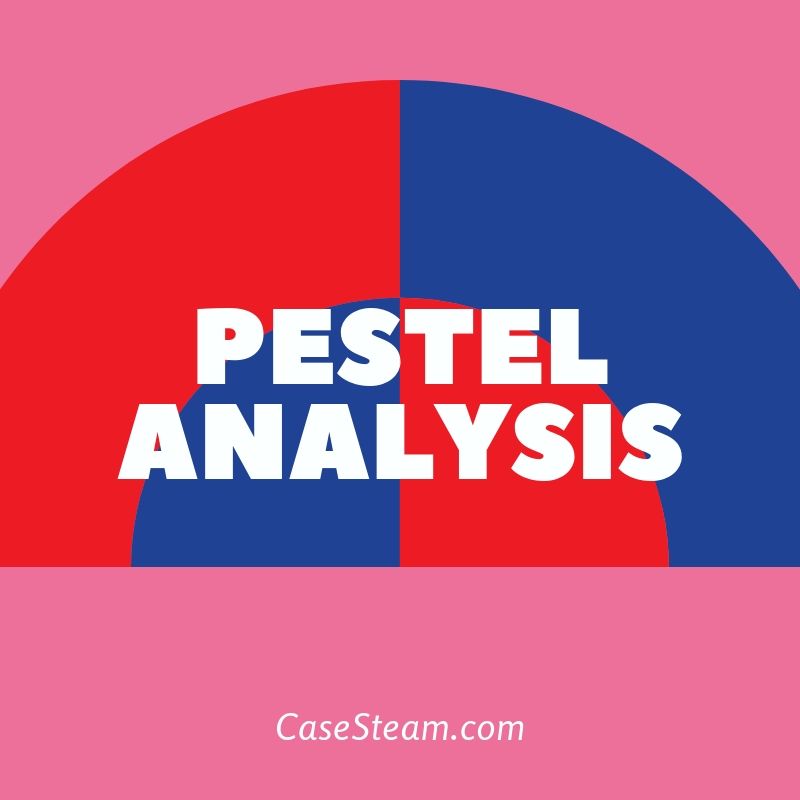Air Canada Risk Management's outside atmosphere would certainly be researched with the PESTEL framework (appendix 1) for highlighting the industry's Political, Economic, Social, Technological, Environmental as well as Legal atmosphere while the level of competition in the Taiwanese industry would certainly be examined under Concierge's 5 forces analysis (appendix 2). Sector pressures such as the negotiating power of the buyer and also distributor, the hazard of new participants and replacements would certainly be highlighted to understand the degree of competition.
Political Factors:
Political factors have played the most substantial functions in the development of Taiwan's Air Canada Risk Management industry in the kind of human resource growth, modern technology development and also setting up of institutes for transferring technology. In enhancement to these factors, a five year strategy for the advancement of submicron modern technology was started by the federal government in 1990 which consisted of growth of research laboratories for submicron development in enhancement to the above mentioned duties.
Economic Factors:
The reality that the Air Canada Risk Management industry is undergoing an out of balance need and supply situation is not the only financial concern of the industry. The excess supply in the sector is complied with by a rate which is lower than the cost of Air Canada Risk Management which has actually resulted in capital issues for suppliers.
Economic downturn is a significant issue in the market considering that it can trigger reduced production. Improvements in performance degrees can result in boosted manufacturing which leads to economic downturn once more due to excess supply as well as reduced demand resulting in closure of firms as a result of low profits. The Air Canada Risk Management sector has experienced recession thrice from 1991 to 2007 recommending that there is a high capacity for recession due to excess supply and also reduced revenue of companies.
Social Factors:
The Taiwanese federal government has actually concentrated on human resources advancement in the market through trainings aimed at improving the knowledge of resources in the sector. Social efforts to improve the picture and top quality of the Taiwanese IC industry can be seen by the reality that it is the only market which had actually professionally developed departments of labor worldwide.
Technological Factors:
There are still some technological concerns in the Air Canada Risk Management industry specifically as Air Canada Risk Management makers in Taiwan do not have their very own innovation and still depend on foreign technical partners. The government's participation in the sector has actually been focusing on changing the Air Canada Risk Management sector to reduce this reliance.
Environmental Factors:
A general testimonial of the setting recommend that Taiwan is a highly favorable region for Air Canada Risk Management production as apparent by the ease in ability growth in the Air Canada Risk Management industry. In addition to this, the truth that the area supplies making capacities even more reinforces this observation.
Legal Factors:
The lawful environment of Air Canada Risk Management has concerns and opportunities in the kind of IP legal rights and lawful contracts. A company has the lawful defense to protect its intellectual property (IP), processing and technology which can raise the reliance of others on it. The Air Canada Risk Management market also offers a high significance to legal agreements as apparent by the fact that Micron's passion in Air Canada Risk Management may not materialize as a result of the former business's lawful contract with Nanya and Inotera.
PESTEL Analysis for Air Canada Risk Management Case Study Analysis
